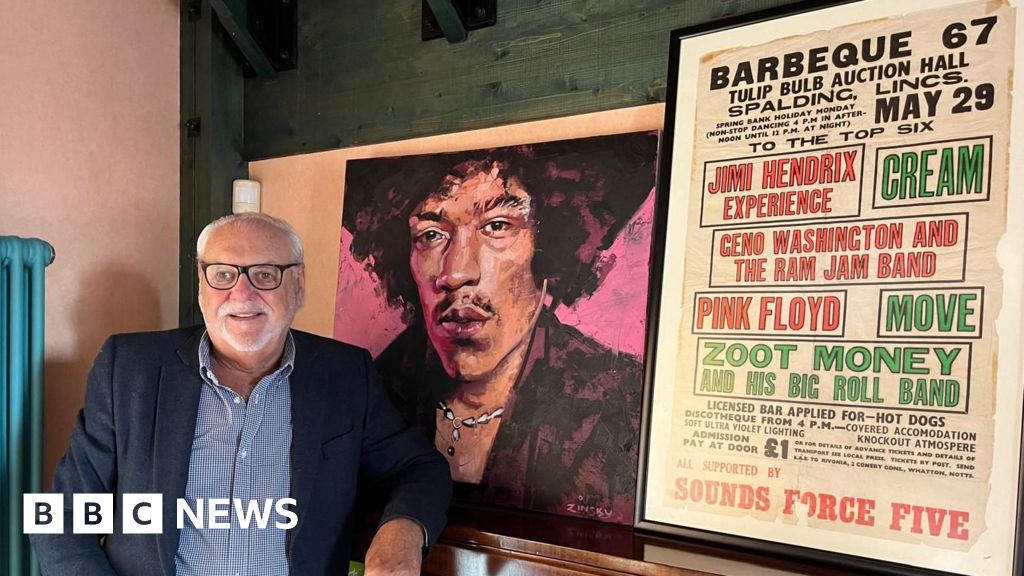Unlocking the Secrets of Comedy: A Guide for Aspiring Comedians

Comedy is not just a form of entertainment; it is an intricate art that people from all walks of life engage in, regardless of their background, education, or individual taste. It is a universal aspect of human nature, and everyone has the potential to be funny. Even if you believe you lack a sense of humor, there is a good chance that you possess comedic potential that simply hasn't found its audience yet. Fortunately, with the right knowledge and techniques, you can enhance your comedic abilities. Here, we share essential tips that can help you master the craft of making others laugh.
Get the Timing Down
It is often said that comedy is fundamentally about timing, and this statement holds a great deal of truth. An event that may not elicit laughter under normal circumstances can become extraordinarily funny when it occurs at just the right moment. Similarly, a well-crafted punchline needs to land at the precise moment to achieve maximum impact. There are various types of comedic moments; you might deliver a quick joke when your audience least expects it, or you might build anticipation by delaying the punchline, knowing that the payoff will be well worth the wait. The choice of words, when coupled with impeccable timing, can transform an ordinary statement into a hilarious one.
When in Doubt, Keep It Short
Humor often favors brevity. One-liners are beloved for their punchy delivery and ability to elicit immediate laughter. However, if you are sharing a longer story, it is crucial to ensure that it remains engaging throughout; otherwise, your audience may lose interest before you reach the climactic punchline. It’s generally advisable to trim down your material, focusing on the essentials rather than stretching the joke too thin. If you opt for lengthy storytelling, make sure that the narrative itself is entertaining and integrates smaller punchlines along the way, maintaining the audience's engagement from start to finish.
Be Sharp, But Not Mean
A common misconception is that making fun of someone or something guarantees laughter. In reality, humor should never come at the expense of another's dignity. The key is to tread carefully and avoid crossing the line into meanness while also being willing to poke fun at yourself. For every joke you make at someone else's expense, consider making two about yourself. This approach ensures that your audience feels included rather than targeted. Even better, try to find humor in people's positive traits rather than their flaws; uplifting humor fosters a more inclusive atmosphere.
Know Your Audience
Perhaps the most essential rule of comedy is understanding your audience. You may have impeccable timing, great material, and an infectious smile, but if your humor does not resonate with the audience, your jokes will likely fall flat. For instance, a group of churchgoers might not appreciate a wild party story, yet they might find humor in a light-hearted joke about a priest and a donkey. Always take a moment to assess the preferences and sensitivities of those present before delivering that risky joke.
Practice, Practice, Practice
Like any other skill, the ability to make people laugh requires consistent practice. While some individuals may have a natural talent for humor, it is important to remember that they honed their skills through repetition and experimentation. Practicing your stand-up routine in front of a mirror is one method, but the real essence lies in integrating humor into your daily life. Keep telling jokes whenever the opportunity arises and analyze why certain jokes worked while others didn’t. There will be moments of failure along the way, but even the best comedians experience flops. Taking risks is a vital part of the process that can ultimately lead to those unforgettable, side-splitting moments.


















